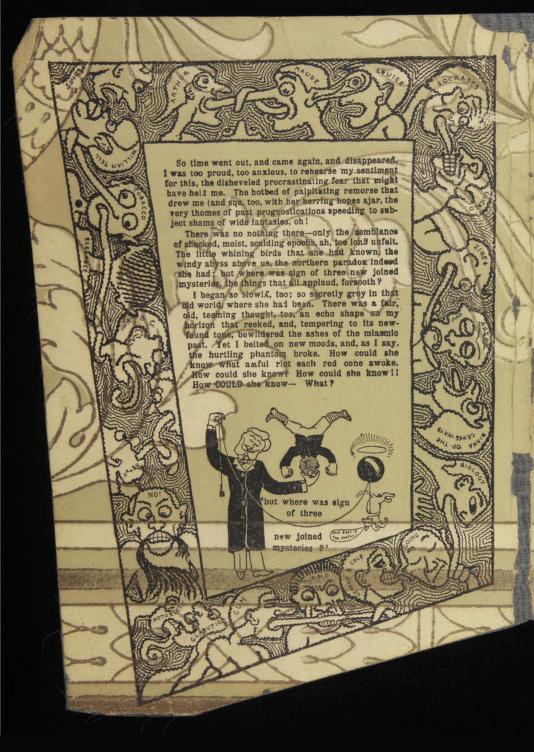In October 1895, a surprising announcement appeared in The Lark, a popular literary magazine then based in San Francisco. It called for submissions for the first-ever edition of Le Petit Journal des Refusées (The Little Journal of Rejects), which advertised itself as “the smallest and most extraordinary magazine in existence”. The ad claimed to offer rates of $10 per page of poetry and $5 per page of prose (around $400 and $200 in today’s money), “one hundred free copies of the number in which [the contributor’s] article appears”, and included the commitment that “No manuscripts will be refused”. There was, however, one caveat to acceptance: The manuscript had to have been rejected from a “leading magazine”, and be accompanied by the rejection slip to prove it.
The announcement was intended as a humorous prank aimed at satirizing the many self-important literary journals that had been launched in the late-19th century. The ad was created by The Lark’s editor-in-chief, Gelett Burgess, who was an important literary figure in America at the time.
Surprisingly, the joke turned into reality and Le Petit Journal des Refusées actually launched a year later, and its first, and only, issue was published. The opportunity to skewer the pretentious literary journals was too good to pass up. The result was a sixteen-page chapbook, printed using woodcuts on wallpaper.
The little zine opens with an introductory note from the editor, a fictional “James Marrion”. What follows is a collection of poetry and prose works that have been “ruthlessly rejected by less large-hearted and appreciative editors but which now witness the light of day . . . for the first and last time.” The published works were likely also penned by Burgess, but all bear the names of unknown women writers. The pieces in Le Petit Journal des Refusées were representative of the literary styles in vogue at the time: a Symbolist prose piece, an experimentally typeset poem, a short story written in dialect.
What began as a little joke may have turned into the first American parody zine. I imagine that any editor or publisher who attempted this today would probably end up with a string of lawsuits.






